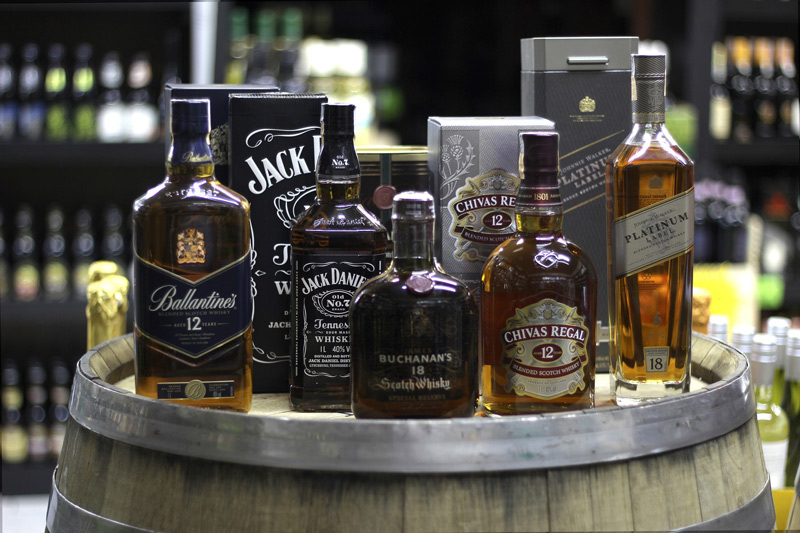What’s in a Name?

The origins of the name is one of the biggest questions about the “America’s Native Spirit” that has perplexed historians. There are theories, colorful legends, and branding myths that cloud the waters in regards to the answer. The answer itself is probably it’s own Bourbon Mash-Up and a true answer may be impossible to identify. Let’s dig into the topic.
The word bourbon is French in origin, referring to The House of Bourbon, a royal dynasty in France, Italy, Navarre, Luxembourg, and Spain, who ruled in these European countries at various times between 1272 and 1889. Both Bourbon Street in New Orleans and Bourbon County in Virginia/Kentucky owe their names as homages to this royal family.
Bourbon Street itself could be a reason that this whiskey obtained the name because it was the drink of choice by patrons in the Big Easy. This whiskey was very popular on Bourbon Street because of a direct route from Kentucky via the Ohio and Mississippi Rivers which was combined with an abundance of supply that kept the price of bourbon low and affordable as compared to other spirits in New Orleans. With a French connection in the creole area, it’s very possible this became a name of choice for the variety.
Many will tell you that bourbon owes its name to Bourbon, County, which could also very well be true. It is important however, that Bourbon County, Kentucky as we know it today is a much smaller district than the Bourbon County that this whiskey might owe its name to. Bourbon County, Virginia was comprised of 34 of Kentucky’s current 120 counties. This large region would later be referred to as Old Bourbon for years after county lines began shifting. Could the Port of Limestone (modern-day Maysville) which was still in Old Bourbon until 1789 be the reason? Yep. Remember that whole quick access to the Ohio River statement? Could modern-day Bourbon County be the namesake? Maybe. There were possibly 26 established distilleries in that area before prohibition wiped them out, therefore it’s very possible the name became synonymous with that area. Could one of the distilleries that are most attributed with using charred barrels that help created the distinct flavors in bourbon have been located elsewhere in Old Bourbon? Absolutely. It was a very large area and with the various distilleries that might deserve the nod for that distinction could certainly have been in this area. The topic of who started charring the barrels deserves its own discussion at a different time.
Unfortunately, many of these theories are rooted in assumptions and hearsay and unfortunately no proven answer to the question. The reality is that the inability to directly attribute the name to an origin makes it more mysterious and adds lore to an American treasure that is full of legends.
Cheers, Y’all!




